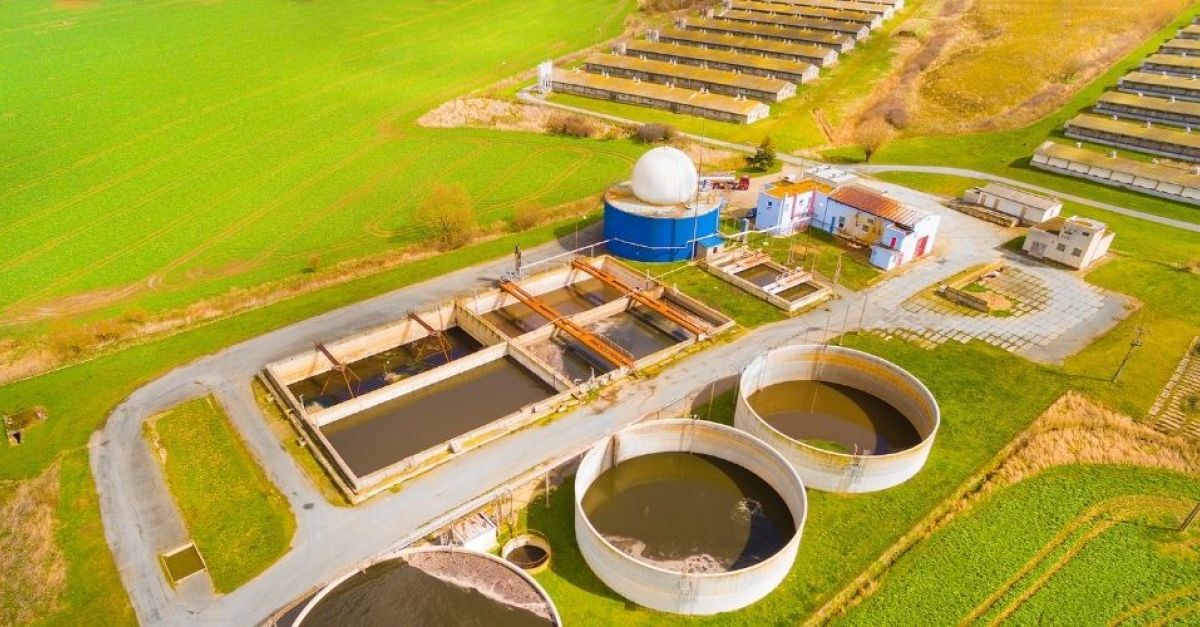
EU Methane strategy ignores biogas potential of waste water, distorts competition
EurEau notes the publication of the EU Methane strategy. Although a minor emitter compared to the energy sector and agriculture, the waste water sector acknowledges its responsibility in reducing greenhouse gas emissions. Currently, the sector does not dispose of reliable data of methane emissions from waste water treatment and sludge management due to the complexity of processes. The sector calls of the support of the European Union to develop replicable measurement methods and establish baselines as a prerequisite to determining effective mitigation measures.
EurEau disagrees with parts of the strategy in that it only mentions the methane emissions from the waste water sector but ignores its substantial potential for biogas production.
In 2014, 9% of the biogas in the EU came from sewage sludge. It is used to produce heat and power and as biofuel for buses. A favourable legislative framework could encourage biogas production in the waste water sector, which could cut the carbon footprint. This was the case in Strasbourg where the Biovalsan project sent the equivalent of the gas consumption of 5.0000 households to the grid in 2015. Likewise, in Oslo, the WWTP produced so much biogas fuel in 2018, they reduced the carbon footprint by 5,000 tonnes of CO2.
The Commission proposes the use of the CAP and rural development funds to fund biogas production in agriculture. While this in itself is laudable, it clearly goes to the detriment of the billions of euros invested by waste water operators in biogas production. Using EU funds to subsidise biogas production by farmers, but excluding the waste water sector from this support seriously distorts competition.
Last but not least, the Methane Strategy encourages farmers to add municipal bio-waste to their digesters as this practice “can count towards municipal waste recycling targets as set out in Directive 2018/98/EC on waste”. It ignores the fact that it would also make sewage sludge digestion processes for effective. France recently banned the addition of bio-waste to sewage sludge digesters for unclear reasons. The waste water sector is willing to reduce methane emissions and step up biogas production further, but the Strategy falls short of offering a supportive framework.
Briefing note on reducing the energy footprint on the water sector.
Podcast episode of 'Water Matters' on ''.
- Created on .